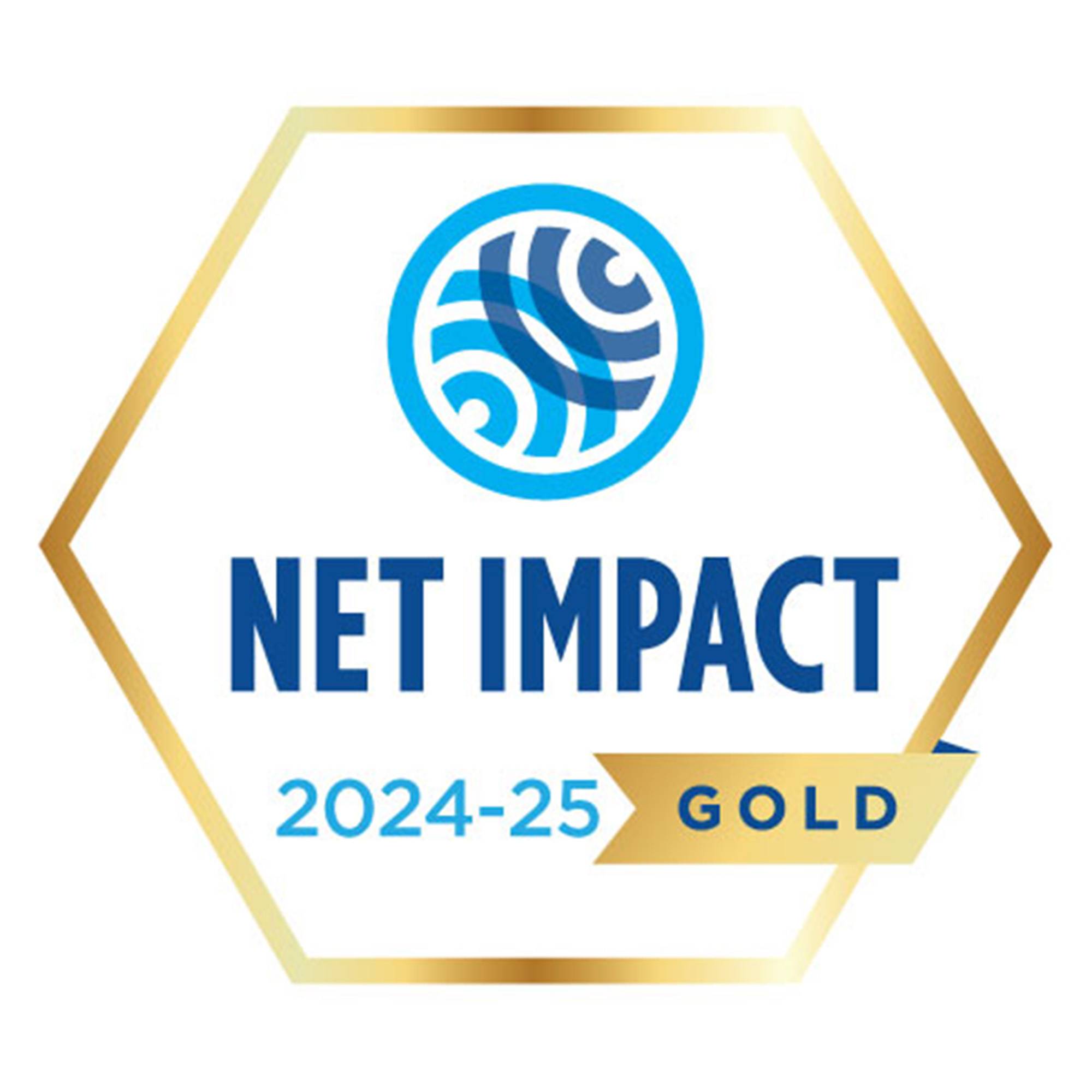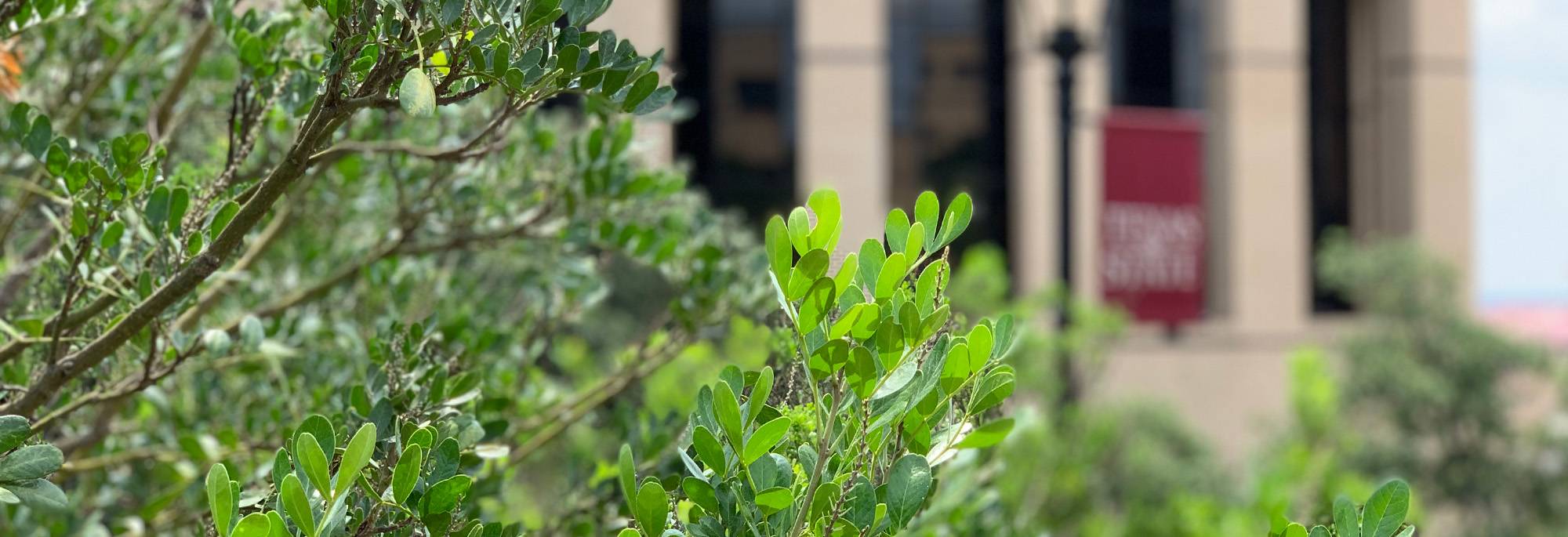Texas State Net Impact Chapter earns Gold Status
November 8, 2024

SAN MARCOS, Texas — The Net Impact student chapter at Texas State University’s McCoy College of Business has earned Gold Status recognition from Net Impact Central for the 2024-2025 academic year, based on activities from 2023-2024.
Each year, roughly 30% of Net Impact chapters receive Gold Status, which is awarded to chapters that have gone above and beyond expectations with their projects and events, communications with Net Impact Central, and maintaining a healthy and engaged chapter.
During the 2023-2024 academic year, the Texas State Net Impact chapter's leadership and inspired members worked continuously on the Up to Us Challenge competition, a national leadership development program aimed at increasing public awareness and understanding of the United States' fiscal and economic challenges.
The Net Impact chapter had the opportunity to gain insights and collaborate with Up to Us alumnus and Cornell graduate Michael Stefanko, whose engaging speaker sessions opened the door for Net Impact members to explore fiscal policy from a statistical standpoint, spreading awareness about U.S. debt and spending.
Throughout the program, chapter members were able to promote fiscal policy awareness through in-class presentations at Texas State and on-campus organization-related events. The student leader of the Up to Us Challenge traveled to Washington, D.C., to participate in a leadership development program focused on debt awareness and the social impacts of the U.S. economy's challenges. Texas State Net Impact members gained invaluable leadership and social skills throughout the program.
The organization also collaborated on the Circular Plastics Challenge for the Spring 2024 semester. This project challenged participants to address the supply shortage of recycled PolyEthylene Terephthalate (rPET) due to the increasing sustainability and recycled content goals of companies.
The solution developed by Net Impact involved designing a theoretical AI-driven recycling system to address environmental issues and combat global warming. By utilizing AI-powered robots, companies or organizations implementing this technology would significantly increase the production of high-quality rPET materials while efficiently processing "hard to recycle" plastics. The closed-loop system would employ predictive maintenance, process optimization, and quality control to ensure routine, high-quality PET production, minimizing downtime and waste. The drafted solution was then sent and published for review by Net Impact Central and a panel of industry executives at Coca-Cola and Hillenbrand.
Members participating in this project gained extensive knowledge of industrial-level sustainability efforts and developed an understanding of AI technology continuing to evolve through world markets.
For more information about this story or other news, email Twister Marquiss, manager of marketing and communications for the McCoy College of Business, at twister@txstate.edu.
About the McCoy College of Business
Established in 1970, Texas State’s business school officially became the McCoy College of Business in 2004 following a transformational gift of $20 million by Emmett and Miriam McCoy. The college, which offers classes in San Marcos, Round Rock, and online, is accredited by AACSB in both business and accounting, and has graduated nearly 45,000 alumni.
Marketing and Communications
McCoy Hall 322
Texas State University
601 University Drive
San Marcos, TX 78666
512.245.2990
